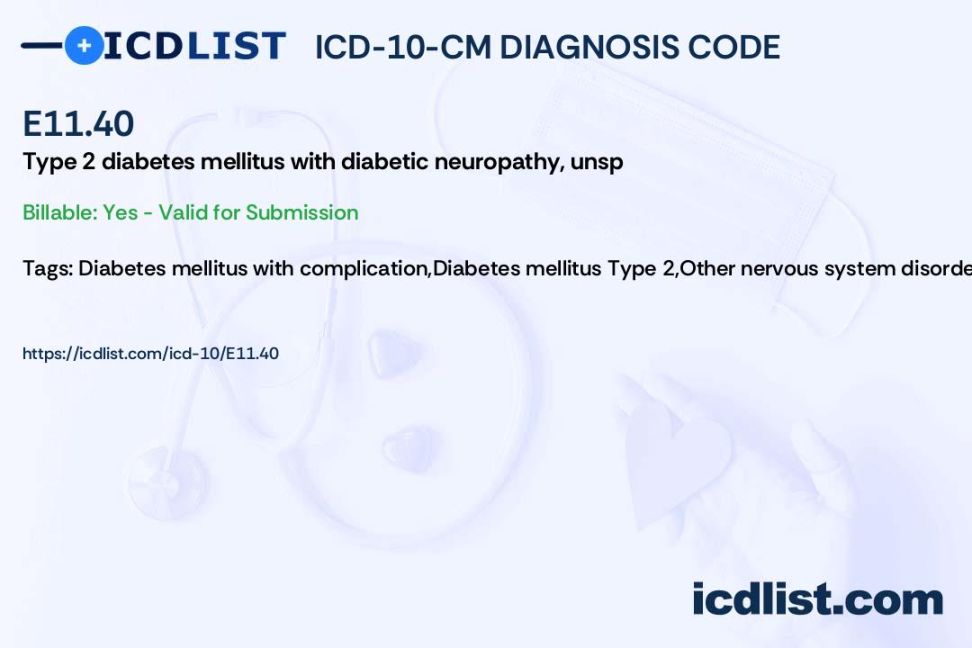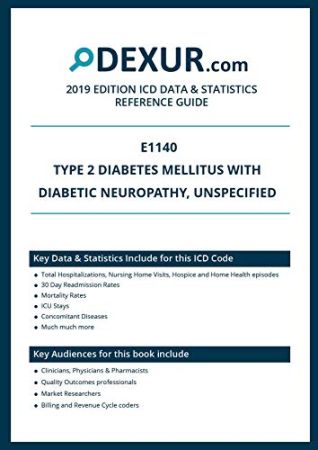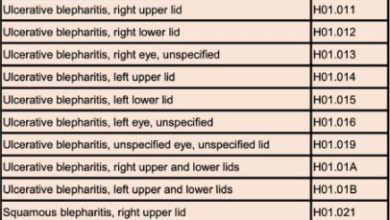Managing Diabetes With Neuropathy: Understanding The ICD-10 Code
Navigating Diabetes and Neuropathy
Living with diabetes can be challenging, especially when complications like neuropathy arise. Neuropathy is a common condition among diabetics that affects the nerves in the body, causing symptoms such as numbness, tingling, and pain. Managing diabetes with neuropathy requires a comprehensive approach that includes proper medical treatment, lifestyle changes, and understanding the ICD-10 code for accurate diagnosis and billing.

The International Classification of Diseases, Tenth Edition (ICD-10) is a system used by healthcare providers to classify and code all diagnoses, symptoms, and procedures recorded in hospitals and physician practices. Understanding the ICD-10 code for diabetes with neuropathy is crucial for accurate documentation and reimbursement, as well as ensuring proper treatment and care.
The ICD-10 code for diabetes with neuropathy is E11.40. This code specifically indicates that the patient has Type 2 diabetes mellitus with diabetic neuropathy. By using this code, healthcare providers can accurately identify and track patients with diabetes and neuropathy, allowing for better management and coordination of care.

In addition to understanding the ICD-10 code, managing diabetes with neuropathy also involves making lifestyle changes to improve overall health and reduce complications. This includes maintaining a healthy diet, exercising regularly, monitoring blood sugar levels, and taking prescribed medications as directed by healthcare providers.
Proper medical treatment for diabetes with neuropathy may include medications to manage pain and symptoms, physical therapy to improve mobility and function, and regular check-ups to monitor the progression of the disease. By working closely with healthcare providers and following their recommendations, patients can effectively manage their diabetes and neuropathy and lead a healthier, more active life.
Incorporating regular exercise into a daily routine can also help improve symptoms of neuropathy and overall health for diabetics. Activities such as walking, swimming, and yoga can help increase circulation, reduce pain, and improve flexibility and strength. It is important to consult with a healthcare provider before starting any new exercise regimen to ensure it is safe and appropriate for individual needs and abilities.
Maintaining a healthy diet is another important aspect of managing diabetes with neuropathy. A balanced diet that is high in fiber, low in sugar and unhealthy fats, and includes plenty of fruits, vegetables, and whole grains can help control blood sugar levels and reduce the risk of complications. Working with a dietitian or nutritionist can help diabetics develop a personalized meal plan that meets their nutritional needs and health goals.
Regular monitoring of blood sugar levels is essential for diabetics with neuropathy to ensure they are staying within their target range. This can help prevent complications such as nerve damage, infections, and other serious health issues. Healthcare providers may recommend testing blood sugar levels multiple times a day and keeping a log to track patterns and make adjustments as needed.
In conclusion, managing diabetes with neuropathy requires a comprehensive approach that includes understanding the ICD-10 code, making lifestyle changes, and working closely with healthcare providers. By taking an active role in their care and following recommended treatments and guidelines, diabetics can effectively manage their condition and improve their quality of life.









